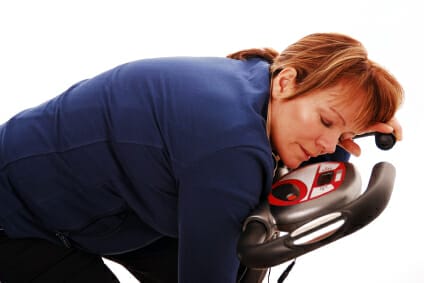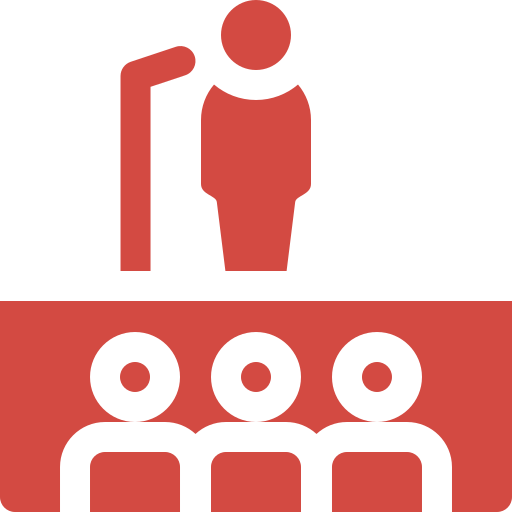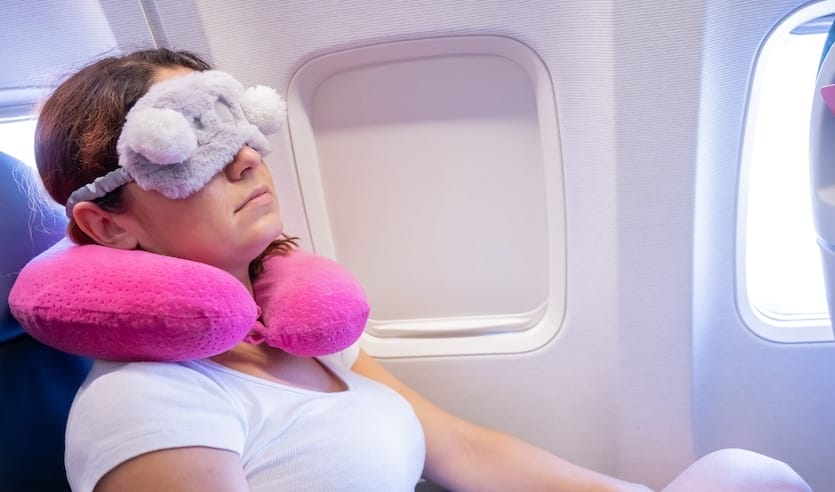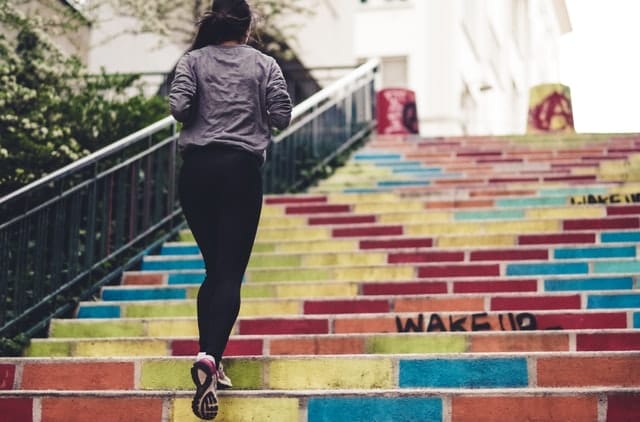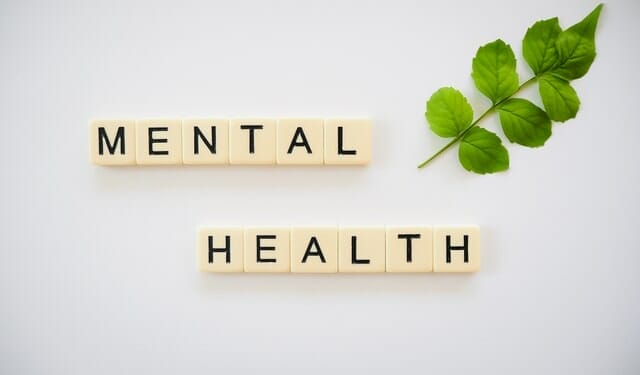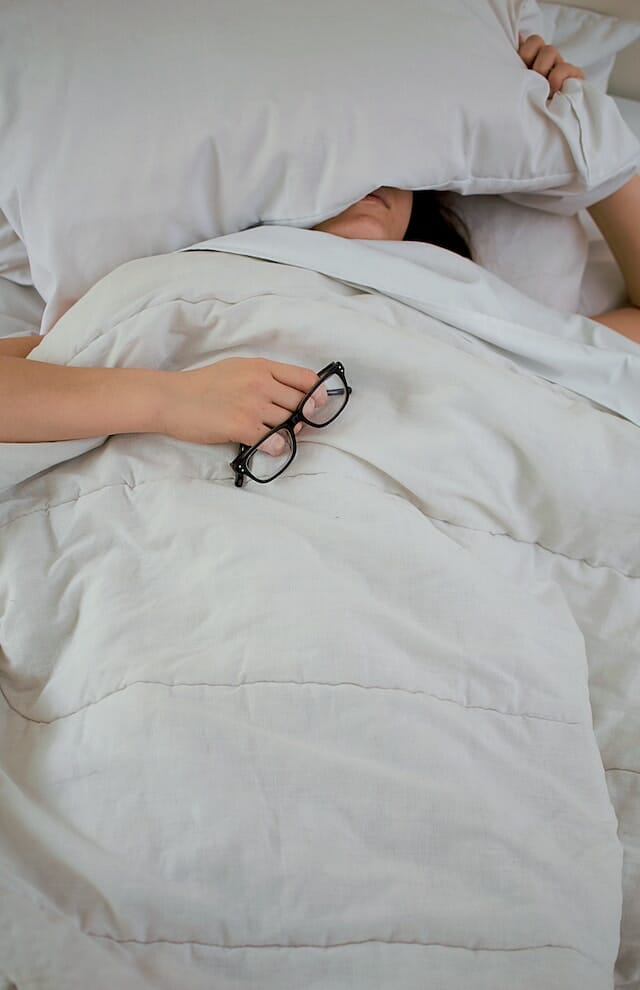
There’s nothing quite like sinking into your own bed after a long, exhausting day.
Unfortunately, this luxury isn’t an option when you’re traveling. But this doesn’t mean you have to give up on quality sleep on the road.
Why, exactly, is it so hard to sleep while you travel?
The following sections break down the science behind your body’s sleep patterns and offer a variety of travel sleep tips, giving you the tools for sleeping better on the road.
There are several factors that may affect your sleep during travel.
Identifying the ones that apply to you will help you choose an effective solution
Travel and Sleep
The human body has come a long way thanks to evolution, but there are still some instincts hardwired into your system from previous stages of human history. And, it turns out, one of these might be responsible for your difficulty sleeping in new or unfamiliar place
1. Comfort
2. Time Zone
If you have jumped into a time zone that is more than a couple of hours different from your home, your body’s sleep-wake cycle will be off by several hours. It may be the middle of the day in your destination, but your body’s internal clock is telling you it’s time for bed.
3. Familiarity
The body instinctively stays on high alert when you’re sleeping in a new place—it’s a survival instinct designed to keep you safe from threats. Unfortunately, high alert and quality sleep don’t exactly go hand-in-hand
These interruptions to your sleep cycle can further throw off your internal clock. So whatever sleep challenges you face while traveling, your goal should be settling your body into a new sleep-wake cycle—and one that matches the time zone you’re in.
4. Jet Lag
The best way to overcome jet lag is to force yourself to follow the schedule of your new time zone—even if your body isn’t feeling it. So when 10 p.m. rolls around (or whatever your bedtime usually is in your home time zone), start your bedtime routine: brush your teeth, read a book, and, most importantly, hop in bed.
Melatonin 101: An Introduction to the Hormone and Sleep Supplement
Melatonin is a hormone that is porduced naturally in your body to cause drowsiness.
In dark environments, your brain signals the pineal gland, which releases melatonin to promote sleep. When your body is exposed to light, this production stops, helping you wake up.
Within the body, melatonin is produced by the pea-sized pineal gland in your brain, but it can also be created synthetically. This lab-made melatonin—known as exogenous melatonin—is often put into tablets, capsules, or gummies and sold as a sleep supplement. When consumed this way, it aims to support healthy sleep.
CLICK HERE for the one I use and recommend

When should I take melatonin?
If you take a melatonin supplement, it’ll take between 30 minutes and an hour for the levels of melatonin in your blood to rise. In other words, it’ll take at least 30 minutes for the drowsiness to kick in.
So plan accordingly. If you know you’ll be sleeping in a hotel or an unfamiliar bed, you can try to circumvent the restlessness and take melatonin roughly 30 minutes before you go to bed.
Taking melatonin in the middle of the night can cause it to stay in your system too long, leading to daytime drowsiness the following morning.
How much melatonin should I take? The correct dosage for melatonin will vary from person to person, but typically falls between 1 and 5 milligrams.
Can you develop a dependency to melatonin? With short-term melatonin use, it’s highly unlikely you will develop a dependency. Similarly, you won’t develop a “tolerance” for it—that is, you won’t need to take more to feel the same effects.
